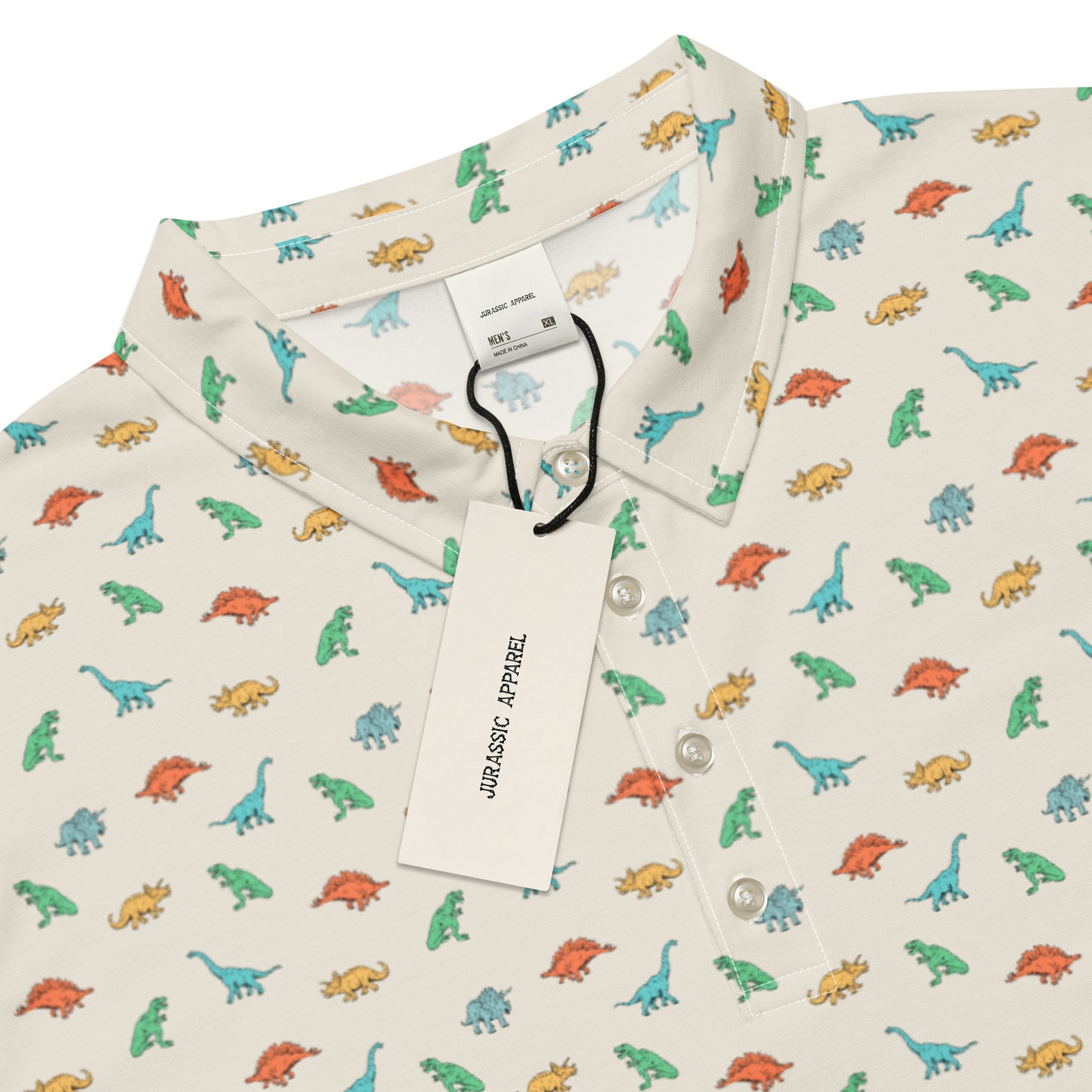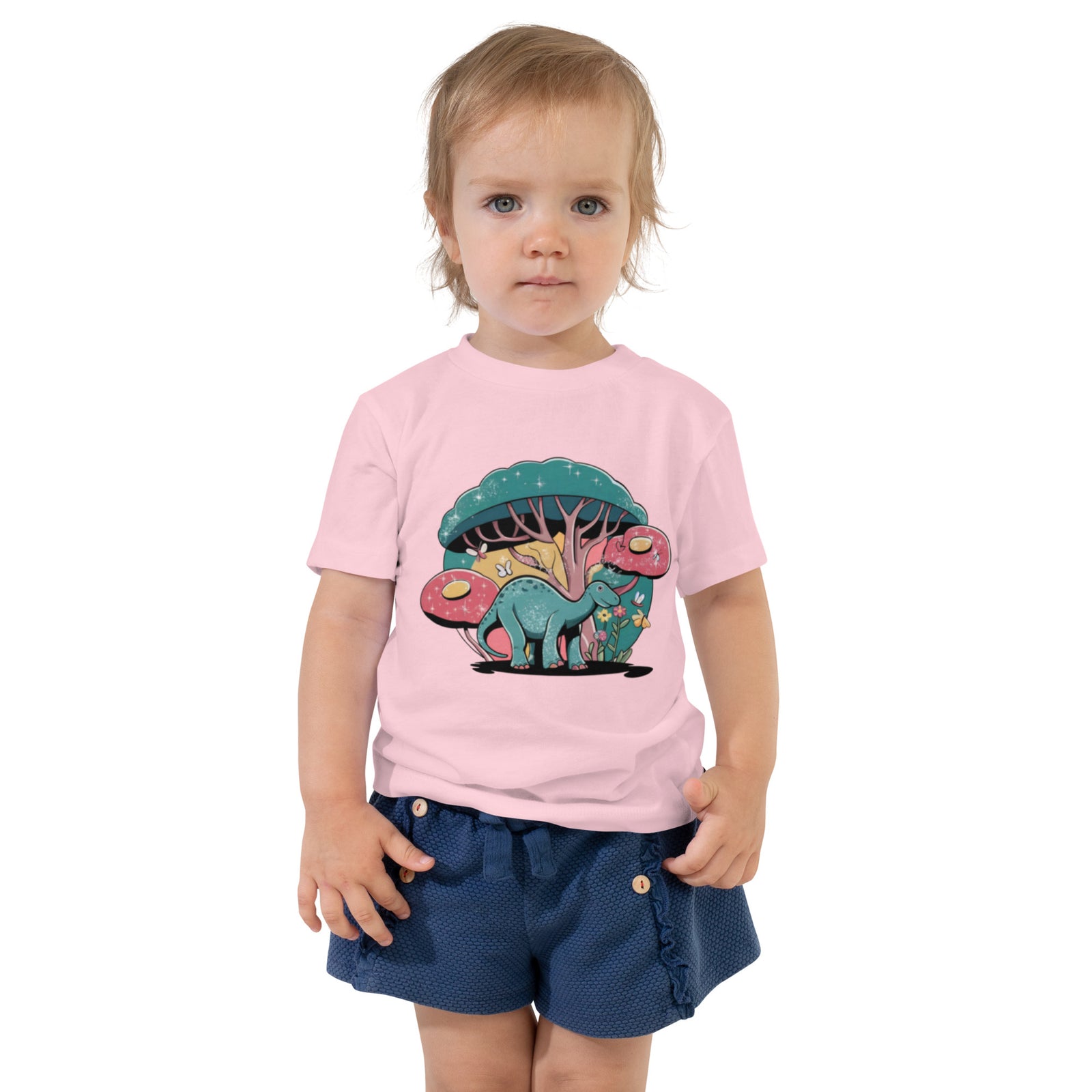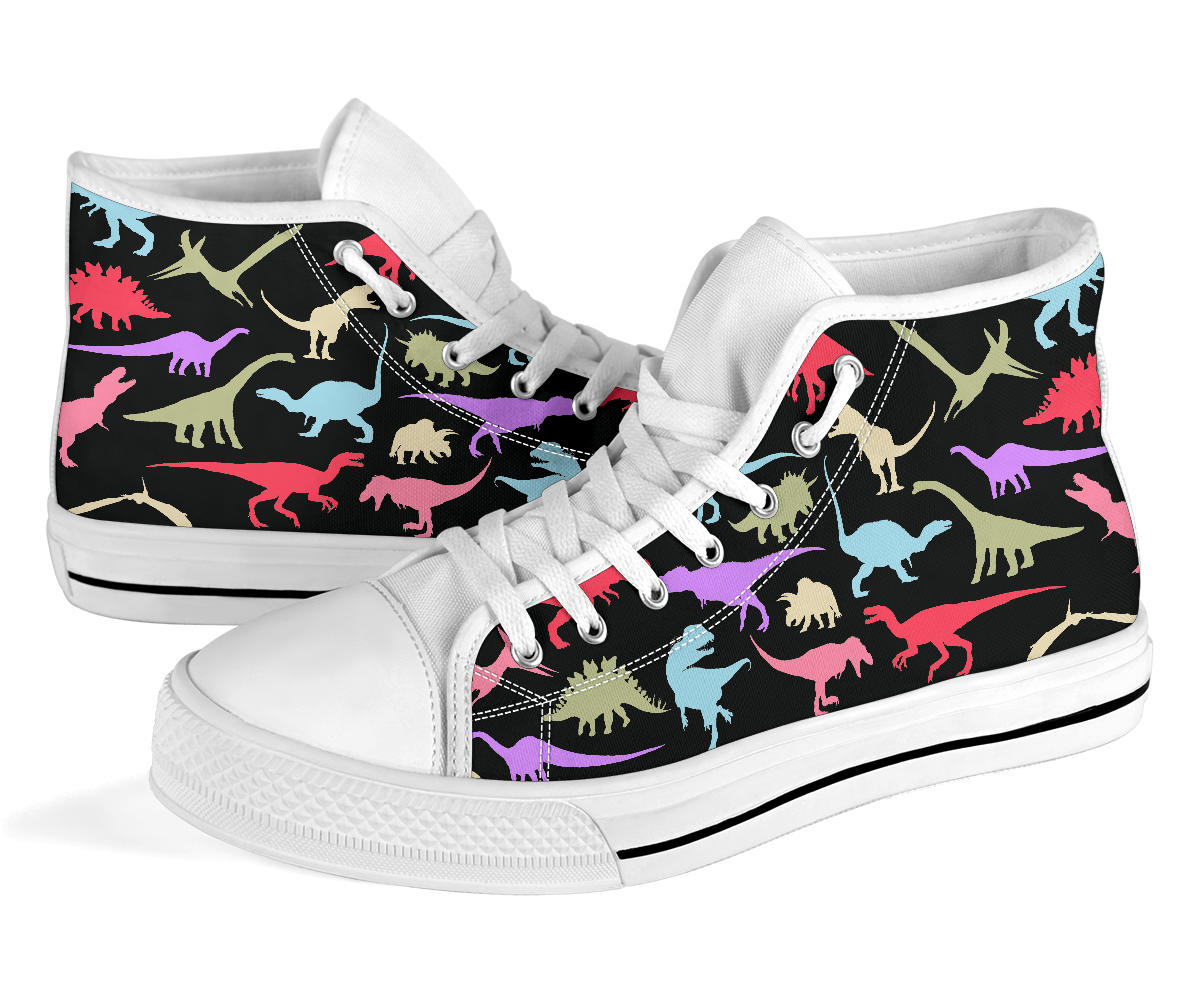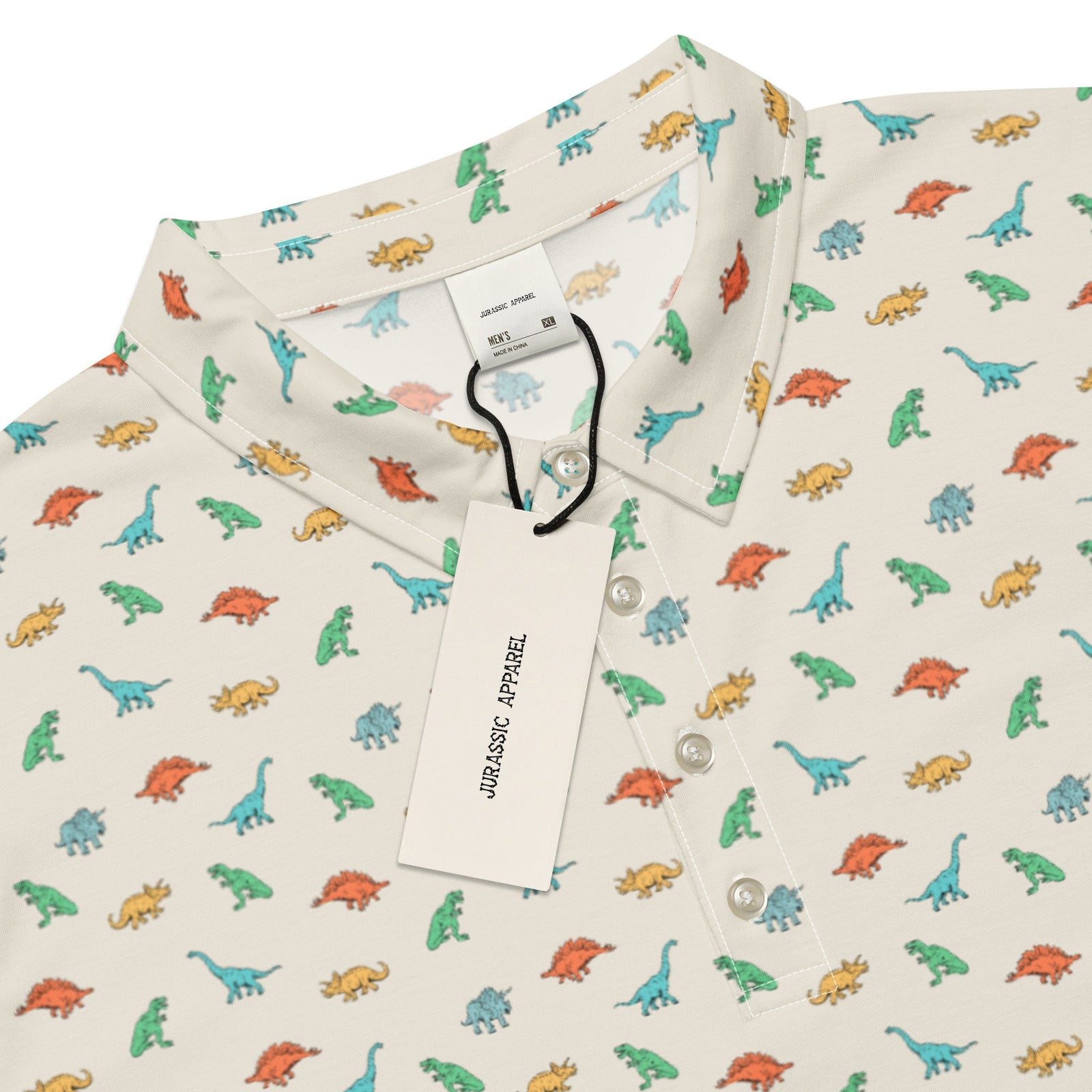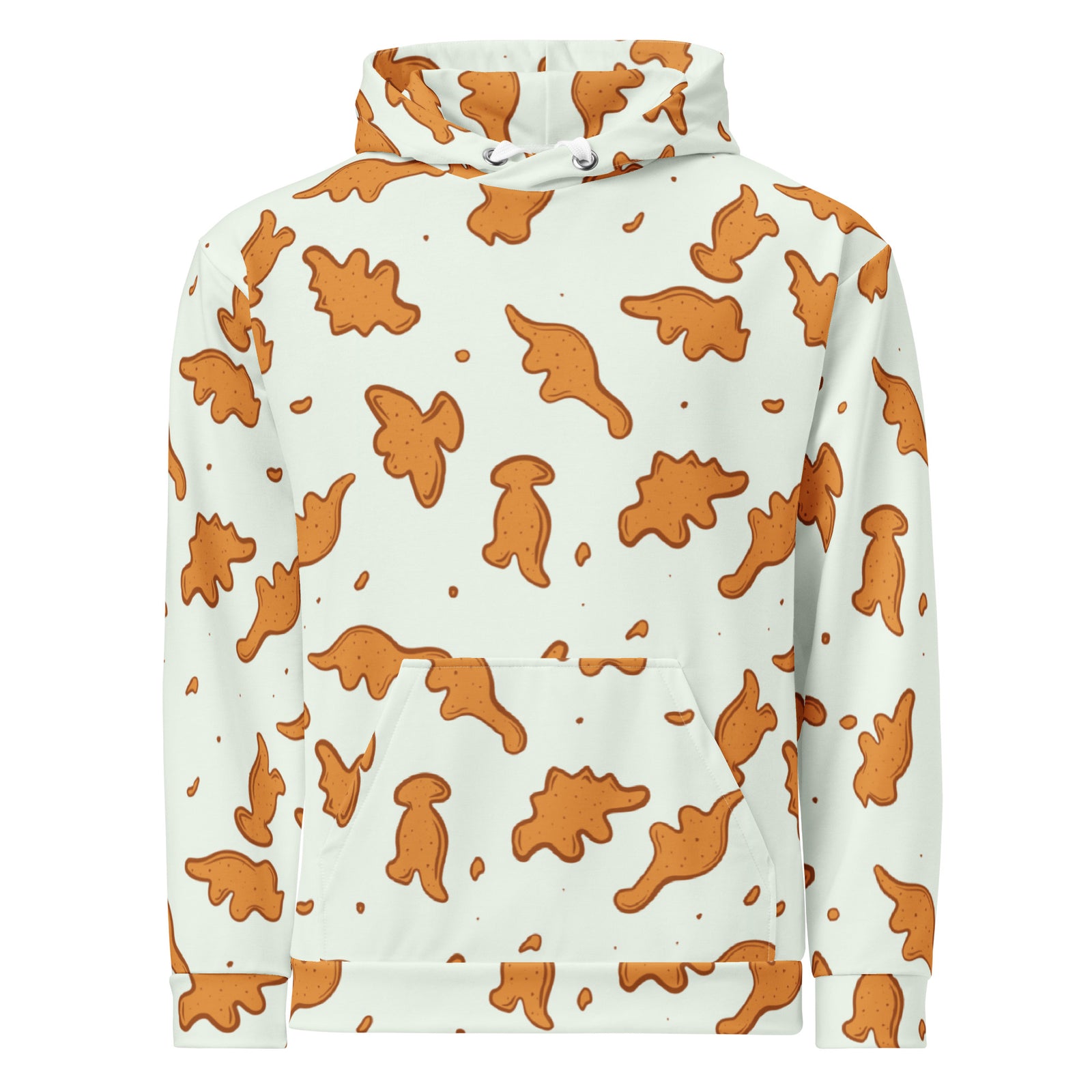Free Shipping On Orders over $75
Free Shipping On Orders over $75
Women's
Men's
Kids
Baby/Toddler
Accessories
Urbacodon
August 17, 2024 2 min read

(AI Interpretation)
Urbacodon: The Secretive Dinosaur
Dinosaur Facts:
- Dinosaur Type: Ornithopod
- Period: Late Cretaceous
- Diet: Herbivore
- Length: Approximately 6-8 feet (1.8 - 2.4 meters)
- Height: Around 3 feet (0.9 meters) at the hips
- Weight: Estimated 500-800 pounds (227-363 kg)
- Notable Features: Bipedal stance, long tail, and a small head with a beak-like mouth
Urbacodon for Kids
Meet Urbacodon!
Urbacodon is a fascinating dinosaur that roamed the Earth during the Late Cretaceous period. Its name means "urban tooth," which comes from its unique dental characteristics suitable for a herbivorous diet.
What did Urbacodon look like?
Urbacodon had a slender body, long legs, and a tail that helped it balance as it moved. Its head was small but equipped with a beak-like structure, ideal for munching on tough plants.
What did Urbacodon eat?
As a herbivore, Urbacodon primarily fed on foliage, fruits, and other plant materials that were available in its habitat.
In-Depth Look at the Urbacodon
Anatomy and Physical Features
Urbacodon was built for speed and maneuverability. Its long limbs allowed it to run quickly from predators, while its beak and flat teeth were well adapted for cropping leaves and other plant matter. Researchers believe its long tail provided balance, crucial for its bipedal locomotion. (Source: Prehistoric Wildlife)
Behavior and Habitat
Urbacodon thrived in lush, forested environments, which were abundant during the Late Cretaceous. It likely lived in herds, promoting social behavior amongst individuals for protection against predators (Source: Dinosaur Pictures). These herds would have roamed across varied terrains, looking for the best plant resources.
Scientific Discovery and Research
Initially discovered in the urban landscapes of North America, Urbacodon has intrigued paleontologists since its identification. Ongoing excavations continue to yield new fossil sites, contributing to our understanding of its ecological role. (Source: Science Direct)
Social Behavior and Hunting Techniques
While Urbacodon was a herbivore and not a hunter, its social structure likely played an important role in survival. Living in groups may have given them an advantage against larger carnivorous dinosaurs.
Urbacodon in Popular Culture
While not as famous as other dinosaurs, like T. rex, Urbacodon has found its place in educational materials and documentaries aimed at teaching children about diverse prehistoric life. Its unique adaptations make it a favorite among dinosaur enthusiasts.
Ongoing Research and Discoveries
New fossil discoveries are continually reshaping our understanding of Urbacodon. Researchers are currently investigating the dinosaur's developmental stages, diet improvements, and even its potential reactions to changing environments during the Late Cretaceous period.
Conclusion
Urbacodon may not be the most well-known dinosaur, but its distinctive adaptations and role in its ecosystem make it a remarkable subject of study. As research continues, we can look forward to learning even more about this intriguing dinosaur from the past.


